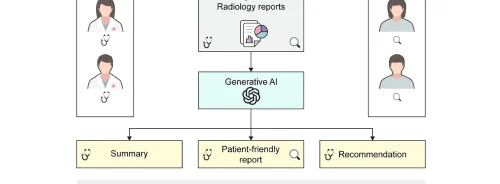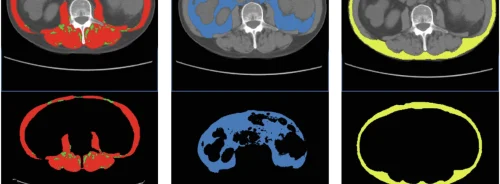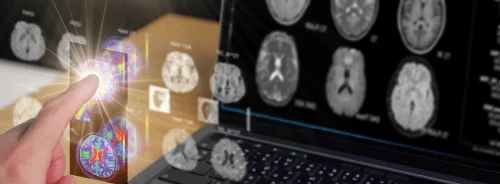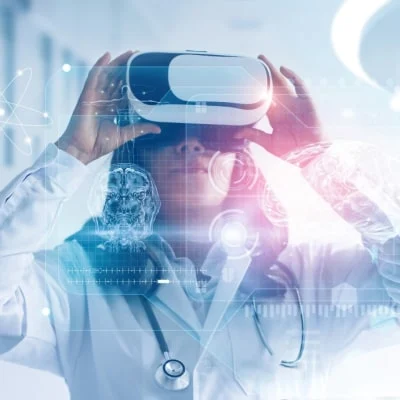Millions of patients undergo image-guided breast biopsy annually. Studies show that some patients, especially women, often anticipate and experience pain during these procedures despite the use of local anaesthesia. Anxiety is a common accompaniment to pain during these biopsies and is influenced by various factors such as concerns over biopsy results, patient education level, age, communication with radiologists, and family history of breast cancer. In a recent study, researchers investigated if the use of virtual reality (VR) would result in lower pain scores, reduced anxiety, physiological impacts on anxiety and pain-related variables, and high patient satisfaction.
Patient pain and anxiety have organisational impact, but can be mitigated
Patient anxiety regarding mammographic exam results and breast biopsies also affects public health policy. In 2009, the US Preventive Services Task Force noted anxiety as a significant factor in the risk/benefit profile of mammography, leading to recommendations for more limited screening. These recommendations result in fewer breast cancer deaths averted compared to other screening guidelines. Nonpharmacological methods, including hypnosis, paced breathing, and distraction techniques like virtual reality (VR), are used to mitigate procedural anxiety and pain. VR, in particular, offers immersive experiences that divert patients' attention from anxiety and pain. Its effectiveness is attributed to engaging multisensory inputs, making it more efficacious than other distraction techniques. VR has been utilized in various medical settings to reduce anxiety and pain during procedures, but its efficacy in image-guided breast biopsies remains understudied.
Virtual reality intervention combined with local anaesthesia for biopsies
Researchers conducted a study to investigate the effectiveness of immersive VR in combination with standard local anaesthetic for mitigating anxiety and pain during these biopsies compared to standard local anaesthetic alone. Between September 2021 and January 2022, eligible female patients aged 18 or above scheduled for a US-guided biopsy were invited to participate, excluding those scheduled for a stereotactic biopsy, with a history of motion sickness, severe cognitive disabilities or language barriers, seizures or epilepsy, or without informed consent. Patient characteristics including demographics, medication use, and psychiatric history were collected. Patients in the VR group used an Oculus Go VR headset during the biopsy, experiencing a beach environment with sound. Both VR and control groups wore Empatica E4 wristbands to measure physiological data such as galvanic skin response and RR intervals, indicators of anxiety levels.
The use of VR is effective to alleviate patient anxiety
Results showed significantly lower anxiety scores in the VR group, supported by objective physiological measures. However, there was no significant difference in pain scores between the VR and control groups. A previous study on VR in fine needle aspiration biopsies reported reduced anxiety and pain, but this study included local anaesthetic, potentially impacting pain outcomes. The relatively low pain scores in US-guided biopsies compared to other procedures may explain the limited impact of VR on pain. VR has been effective in reducing anxiety and pain in various medical procedures, attributed to its engagement of the parasympathetic nervous system. Despite its potential, this study had limitations including its small sample size, lack of alternative distraction method comparison, device malfunctions affecting data collection, and low pain scores affecting efficacy assessment.
Results suggest that immersive VR is a useful tool for reducing patient anxiety during US-guided breast biopsies in the outpatient setting. Further research is needed, potentially incorporating alternative distraction methods and assessing additional outcome measures like the Breast Imaging Reporting and Data System assessments.
Source: Journal of Breast Imaging
Image Credit: iStock






